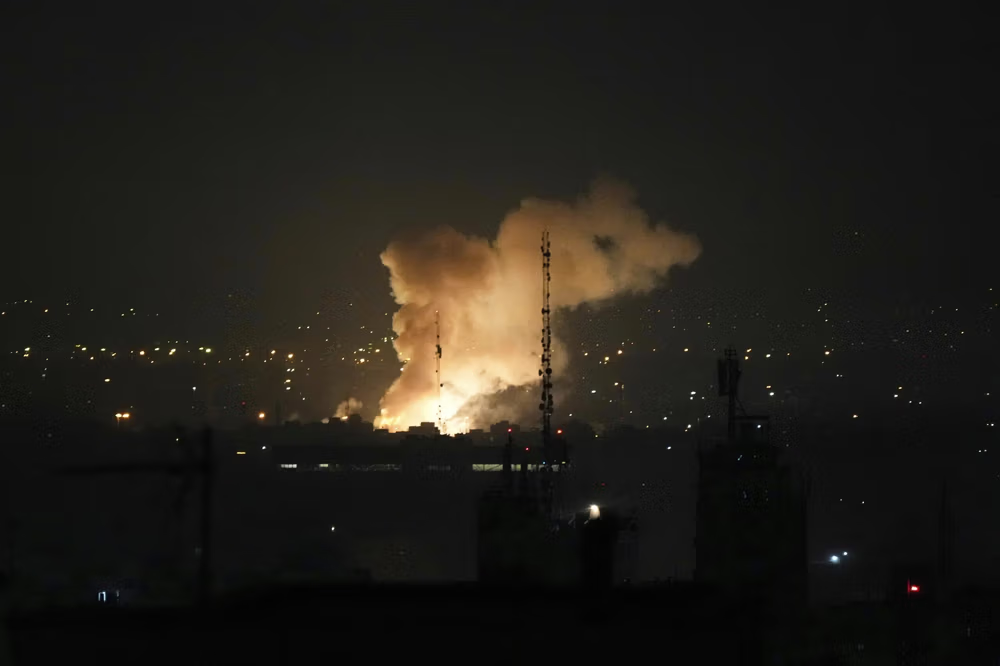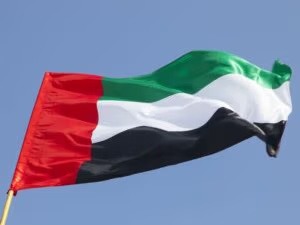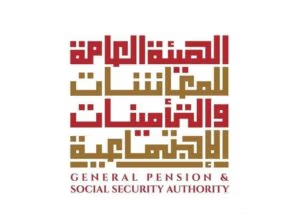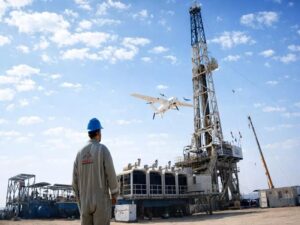The escalating air war between Israel and Iran entered its second week on Friday, prompting renewed diplomatic efforts from European leaders as U.S. President Donald Trump said any decision on potential American involvement would be made “within two weeks.”
Israel initiated the conflict last Friday, launching strikes aimed at halting what it claims is Iran’s pursuit of nuclear weapons. Iran, which maintains that its nuclear program is for peaceful purposes, retaliated with a series of missile and drone attacks.
According to the Human Rights Activists News Agency, Israeli airstrikes have killed 639 people in Iran, including senior military leaders and nuclear scientists. Israel, meanwhile, reported that at least two dozen civilians have died in Iranian attacks. Reuters noted it could not independently verify the death tolls from either side.
Against intensifying violence, foreign ministers from Britain, France, Germany, and the European Union’s foreign policy chief, are set to meet with Iranian Foreign Minister Abbas Araghchi in Geneva on Friday. The meeting comes as European nations call for urgent de-escalation in response to Israel’s sustained bombing campaign targeting Iran’s nuclear infrastructure.
“We will meet with the European delegation in Geneva on Friday,” said Araghchi, in a statement carried by the Iranian state news agency IRNA. European diplomats also confirmed the meeting, which is expected to include French Foreign Minister Jean-Noel Barrot, British Foreign Secretary David Lammy, German Foreign Minister Johann Wadephul, and EU foreign policy chief Kaja Kallas.
Following meetings with high-level U.S. officials in Washington, Lammy emphasized the need for diplomacy. “The situation in the Middle East remains perilous,” he said in a statement released by the UK embassy. “We discussed how Iran must make a deal to avoid a deepening conflict. A window now exists within the next two weeks to achieve a diplomatic solution.”
U.S. Secretary of State Marco Rubio and special envoy Steve Witkoff met with Lammy ahead of the Geneva talks.
According to Western and regional officials, Israel’s campaign has not only targeted Iran’s nuclear and missile capabilities but has also aimed to undermine the regime of Supreme Leader Ayatollah Ali Khamenei. “Are we targeting the downfall of the regime? That may be a result, but it’s up to the Iranian people to rise for their freedom,” Israeli Prime Minister Benjamin Netanyahu said on Thursday.
Iran maintains it is focusing its strikes on military and defense-related infrastructure in Israel. However, it has also struck civilian sites, including a hospital. On Thursday, Israel accused Iran of deliberately targeting civilians with cluster munitions, which disperse smaller explosives over a wide area. Iran’s mission to the United Nations did not immediately respond to requests for comment.
The Israeli military said on Thursday that Iran had fired at least one missile designed to release submunitions, reportedly the first use of cluster munitions in the week-long war. According to Israeli media, the missile exploded mid-air at an altitude of four miles, releasing roughly 20 bomblets over a five-mile radius in central Israel. One of the munitions struck a house in Azor, causing damage but no casualties, as reported by Times of Israel military correspondent Emanuel Fabian.
As the air war shows no signs of slowing, Lammy underscored the urgency of diplomatic intervention. “Now is the time to put a stop to the grave scenes in the Middle East and prevent a regional escalation that would benefit no one,” he said, ahead of the Geneva meeting with Araghchi.






